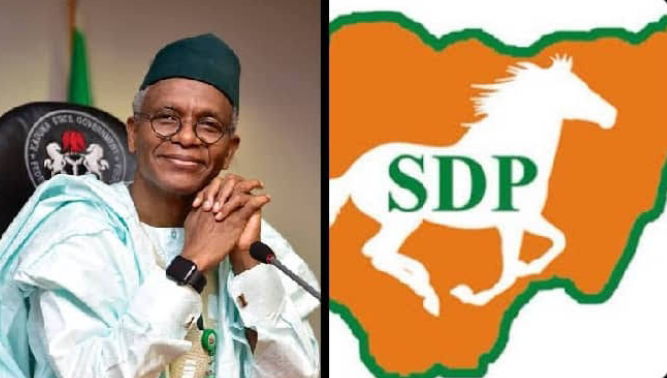
President Buhari must find a long-term solution to Nigeria’s security problem
Nigeria’s President Muhammadu Buhari is adamant that his administration will tackle the country’s Boko Haram problem. He was, in large part, elected on this platform. President Buhari claims that with the Multinational Task Force — which includes neighbouring Cameroon and Chad — Nigeria will achieve this objective by December. While Buhari’s strong military credentials — as a retired Nigerian Army major general and former military Head of State of Nigeria between 1983 and 1985 — certainly support this claim, Boko Haram goes far beyond a strategic military problem. At its heart, the Islamist insurgency in northern Nigeria is a political and economic problem.
Of course, to a certain extent, all Islamist insurgencies are partially political and economic problems. However, this is particularly so in the case of Nigeria. Ethnic politics, rampant corruption, serious human rights abuses, and 80% poverty in the north-east which is Boko Haram’s breeding ground, led to the group’s establishment in 2002.
Before Boko Haram was a powerful terrorist group that has claimed over 20,000 lives, it was a single radical – yet unambitious – Salafist group among scores of Salafist groups. It established reasonably strong regional support in the north through its pro-Muslim stance and criticisms of the Christian southern President Goodluck Jonathan (2010-2015). The latter was a rather ineffectual Vice-President from the oil producing Bayelsa State in the south east who had been elevated to the presidency in 2010 when President Umaru Yar’Adua (2007-2010) died in the middle of his term in office.
President Buhari is a military man, and views Boko Haram as a largely military problem. He acknowledges that poverty, poor education, and the marginalisation of the impoverished north-east play a role, but he fails to acknowledge Nigeria’s true dirty laundry of corruption and ethnic politics, which requires structural solutions. Instead, Buhari has moved Central Command to Bornu State’s capital of Maiduguri in Boko Haram’s heartland; replaced the four military chiefs, strengthened the Multinational Task Force, and increased military collaboration with the US, UK, and India.
Boko Haram is certainly a radical security challenge that must be engaged militarily. At its peak in 2014, the group held 30 towns in an area of around 20,000 square miles. In the months leading up to the 2015 presidential elections, Goodluck Jonathan pushed the militants out, but Boko Haram units left behind swarms of landmines and burned-out villages before they fled into the Sambisa Forest and across the border into neighbouring Cameroon and Chad. It still has around 10,000 fighters and the capacity to mount continued sporadic attacks.
This is the situation in which President Buhari finds himself
Clearly, Nigeria needs better military solutions. The Nigerian army is ill-equipped, poorly trained, and only numbers 90,000. With the combination of industrial scale ‘bunkering’ (i.e. oil theft) plus oil prices that have halved in the past year, Nigeria is also experiencing a cash crunch making it more difficult to finance strategic solutions. Recent reports of the ‘fifth pillar’ of the Nigerian military feeding Boko Haram information are further reflective of these structural issues.
That said, military actions are insufficient long-term solutions to resolve Nigeria’s security problem because if the army is too heavy-handed with the local civilian population it will only increase resentment and act as a recruiting sergeant for Boko Haram. In order for President Buhari to truly take on the problem of Boko Haram he must also tackle Nigeria’s endemic corruption, ethnic and religion based politics; security service impunity; and the poverty and marginalisation of northern Nigeria.



